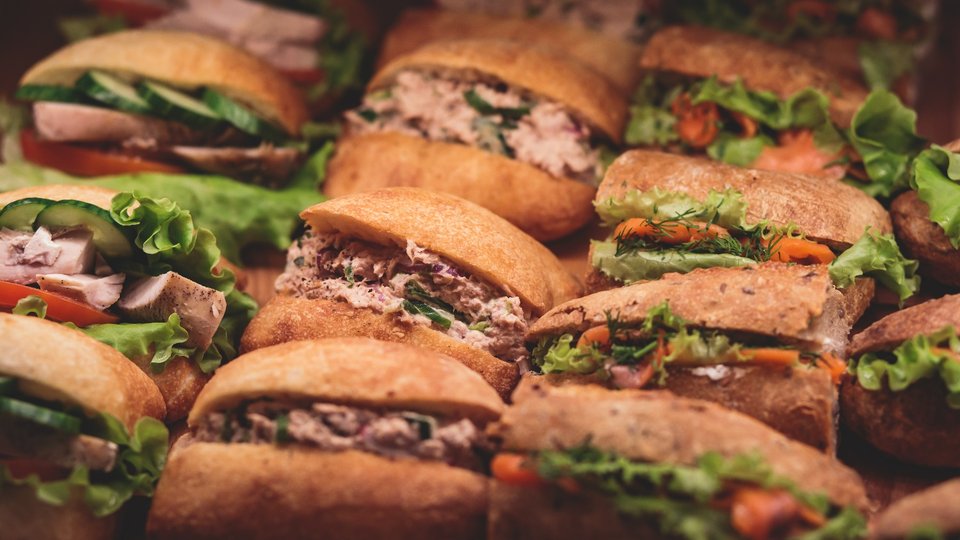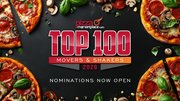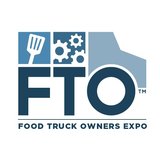Technology
The food-at-work movement: Making catering a solid revenue stream
It's a mistake to build catering around the classical solutions of POS systems. Instead, operators must become light-food manufacturers.

June 26, 2024
What is the future of catering? A big question for sure, but when the catering industry is slated to make up to $124 billion in the US by 2032 it's an important one to ask.
To narrow this down, I'm focusing on catering in multi-unit restaurants operating at scale, though much of what we'll talk about still applies to single-unit operations. When our workflows are built around the classical solutions of POS systems, we can easily find ourselves having difficulties in the catering space. That's because catering is not a point-of-sale transaction. Not at all. Usually, catering orders are booked ahead of time, the packaging and distribution function are fundamentally different, and catering requires an entirely different set of training and understanding to execute. It's different, and if you want success in your catering programs it's best to realize that fact early. The reason I'm bringing this up is simply to tell you this; the catering solutions of the future need to address the issues that catering channels actually face. So before we address the future of the catering industry, first we need to understand what catering is so that we know what issues we're going to be tackling while we grow our catering programs.
So let's start with this, think about a customer who comes to your door. They want to order three sandwiches for their office. That's takeout, right? Okay, now they want to order a dozen sandwiches. No problem, do they want them individually? Still takeout. But your catering experts can direct the customer to the sandwich platter — also a dozen sandwiches — but executed in a completely new way. Is this catering? Maybe? The exact tipping point between your different sales channels is a cultural decision that will need to be made by your company, the line is up to you, but the thing we are pushing toward is a type of light food manufacturing.
This is an important distinction and it has powerful implications. As a caterer, you are a manufacturer, not necessarily a restaurant. This might be a scary thought, but I think the best way to view this is as an opportunity. The industry needs to shift mindsets. Most restaurants have their peak hours and their dead zones; however, catering operates on different hours, it's tapping into a different market. As a manufacturer, you can use your catering channel as a revenue stream that is complementary to your core business. It's perfectly incremental sales.
Catering's 3 segments
There's one more thing we need to understand to grasp the direction that catering is moving — the three segments of the catering market:
- The business-consumer segment, which covers weddings, birthdays and anything else that's personal and event-based
- Business-to-business, which covers catering relationships with other businesses.
- Contract catering, long-term catering commitments that will serve as major revenue streams for catering channels. Contract catering is growing so rapidly that some are calling it the "food at work movement." Take a second to think about all the thousands upon thousands of people going to an office every day. Where are they getting their lunch? From a commissary? How many commissaries closed during the pandemic?
This is what I mean when I tell you to think of yourself as a light-food manufacturer. We need to utilize our kitchens during all hours to produce goods that can be distributed through the appropriate channels, which is done by having these three things.
3 catering must-haves
- A differentiation of services and trained catering experts to direct customers to the right products and injection points and streamline operations on the backend.
- Kitchens operating more like factories, providing both the quality and quantity necessary across channels.
- Enterprise Resource Planning approach to software solutions to integrate all systems efficiently.
I promise that we will be discussing ERPs in much greater depth soon, but these are the technical strategies that are evolving in the light food manufacturing space and, as I hope I've hammered home, it's time to shift our mindset to see ourselves as manufacturers.
There are a lot of challenges ahead for foodservice operators. In an environment where margins are shrinking and current labor models are constantly under pressure, it's time to adapt to a multi-sales production-focused strategic framework.
It's time to spark a conversation about the direction the catering industry is headed. If we want to find successful channels we need to think about how we are designing our programs so that we can build them for the future. Because here's some news, the future of catering is not so far off.
Thanks for lending an ear, and let's talk catering.
Wanna hear more?
Dardick and FastCasual.com are hosting The Restaurant Catering Workshop, Oct. 15-16, 2024, immediately following the conclusion of the Fast Casual Executive Summit, at the Sheraton Denver Downtown Hotel in Denver.
Restaurant operators may register here to attend just The Restaurant Catering Workshop or here to attend both the workshop and the Fast Casual Executive Summit. Operators will receive a discount for attending both events.







